The final day of the congress, which was attended by representatives of international organizations such as IRCICA, ICESCO, TURKSOY, as well as the heads of the Al-Furqan Foundation, the International Turkic Academy, and about 300 scientists, experts, and researchers from 35 countries, discussed projects on the exhibitions of the Center for Islamic Civilization and the Imam al-Bukhari Museum in Uzbekistan.
The congress discussed issues related to the rich cultural heritage of our country, its preservation, and popularization. Discussions were held on important topics, such as the transfer of valuable cultural and spiritual values of Islamic civilization to future generations. Information was presented on the future plans and projects of the Center for Islamic Civilization in Uzbekistan, in particular, on the sections of the museum.
The agenda of the congress included numerous important presentations dedicated to broad initiatives, interactive projects, and discussions, on topics such as: "Science and Education", "Urban Planning and Architecture," "Art and Crafts," "Traditions," "New Uzbekistan - The Foundation of the Third Renaissance," and "History of Statehood."
Special attention at the Congress was paid to the use of modern technologies to preserve and restore cultural heritage, as well as new innovative approaches to passing on cultural values to the younger generation.
This year, the Congress was attended by approximately 300 scientists and experts from 35 countries, including 180 foreign scholars and 110 Uzbek scholars.
During the Congress, seven sectional meetings, one forum, dozens of roundtables, presentations, and scientific discussions were organized. A "roadmap" for joint projects of the Center for Islamic Civilization in Uzbekistan was also approved, and the composition of the international expert council was confirmed.
In addition, the Samarkand Declaration was adopted, along with the updated concept of the Center for Islamic Civilization in Uzbekistan.
Active participants in the Congress were awarded the WOSCU "Golden Book" international award.
Congress participants attended the opening ceremony of another international event being held in Samarkand - the "Sharq Taronalari" International Music Festival.
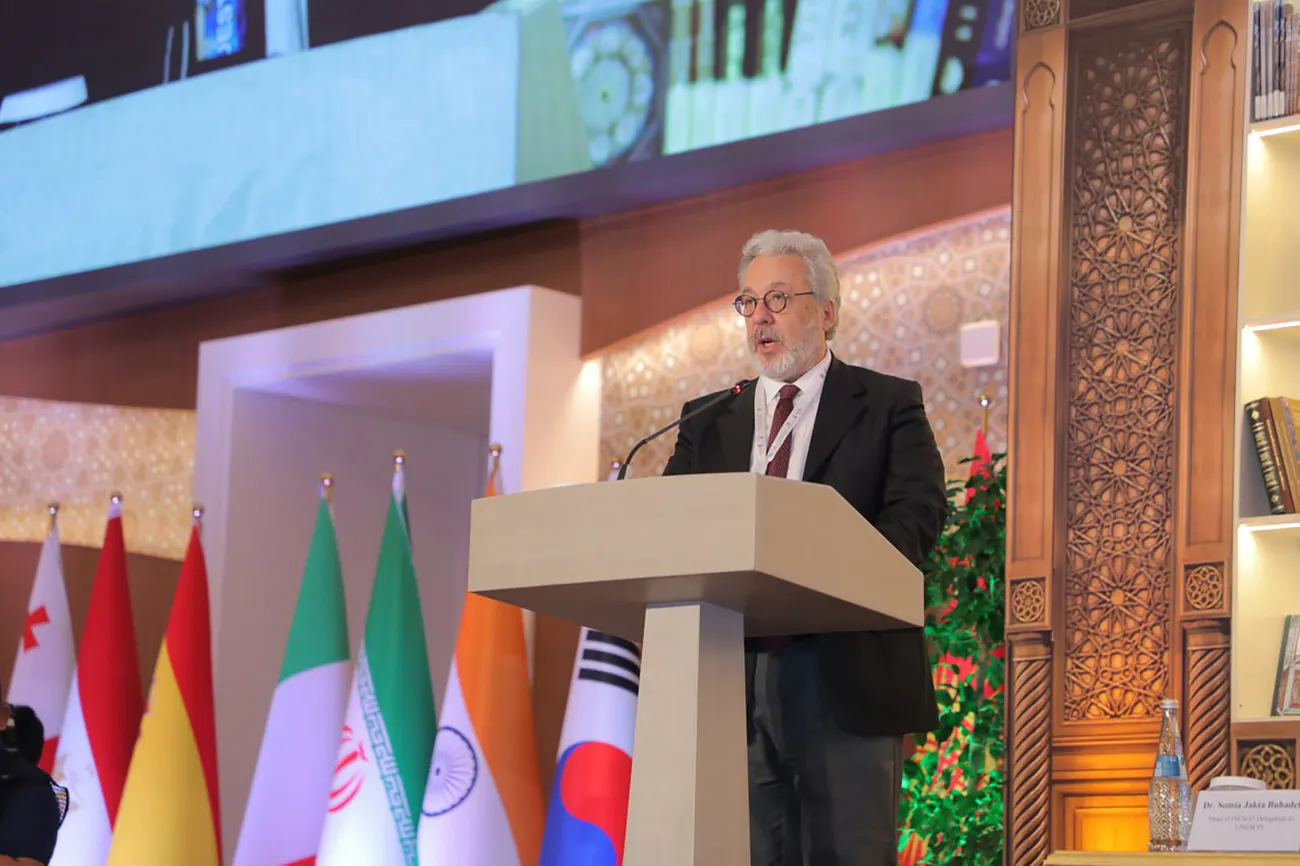
Mahmud Erol Kilic,
Director of the Research Centre for Islamic History, Art, and Culture (IRCICA):
— It is said that a person who does not know their past cannot see their future. In this sense, the work being done by the President of Uzbekistan, Shavkat Mirziyoyev, deserves attention from all sides. We were especially pleased that the head of your state brought together scholars for the congress and even sent them his congratulations.
I often meet with Uzbek partners. They always say that in your country there are constant new initiatives related to studying cultural heritage, preserving, and spreading the legacy of ancestors. This indicates that Uzbekistan is a proponent of enlightenment and noble deeds.
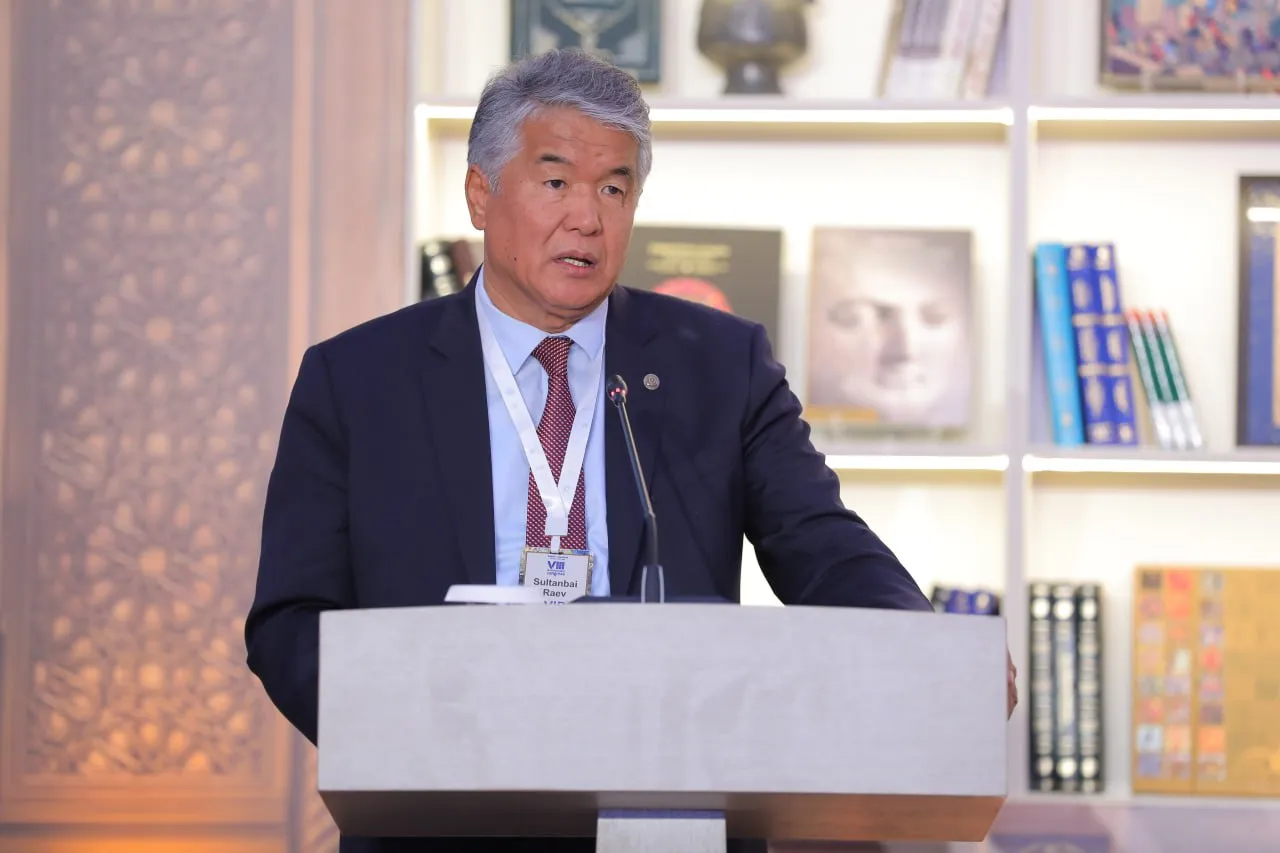
Sultan Raev,
Secretary General of TURKSOY:
— In recent years, New Uzbekistan has witnessed massive changes in the spheres of spiritual enlightenment, politics, society, and the economy. The idea of the "Third Renaissance," put forward by the President of the Republic of Uzbekistan, Shavkat Mirziyoyev, today embodies “New Uzbekistan.” The ideas, concepts, and progressive initiatives emerging from Uzbekistan showcase Uzbekistan’s spiritual identity to the world and serve as an example for many countries.
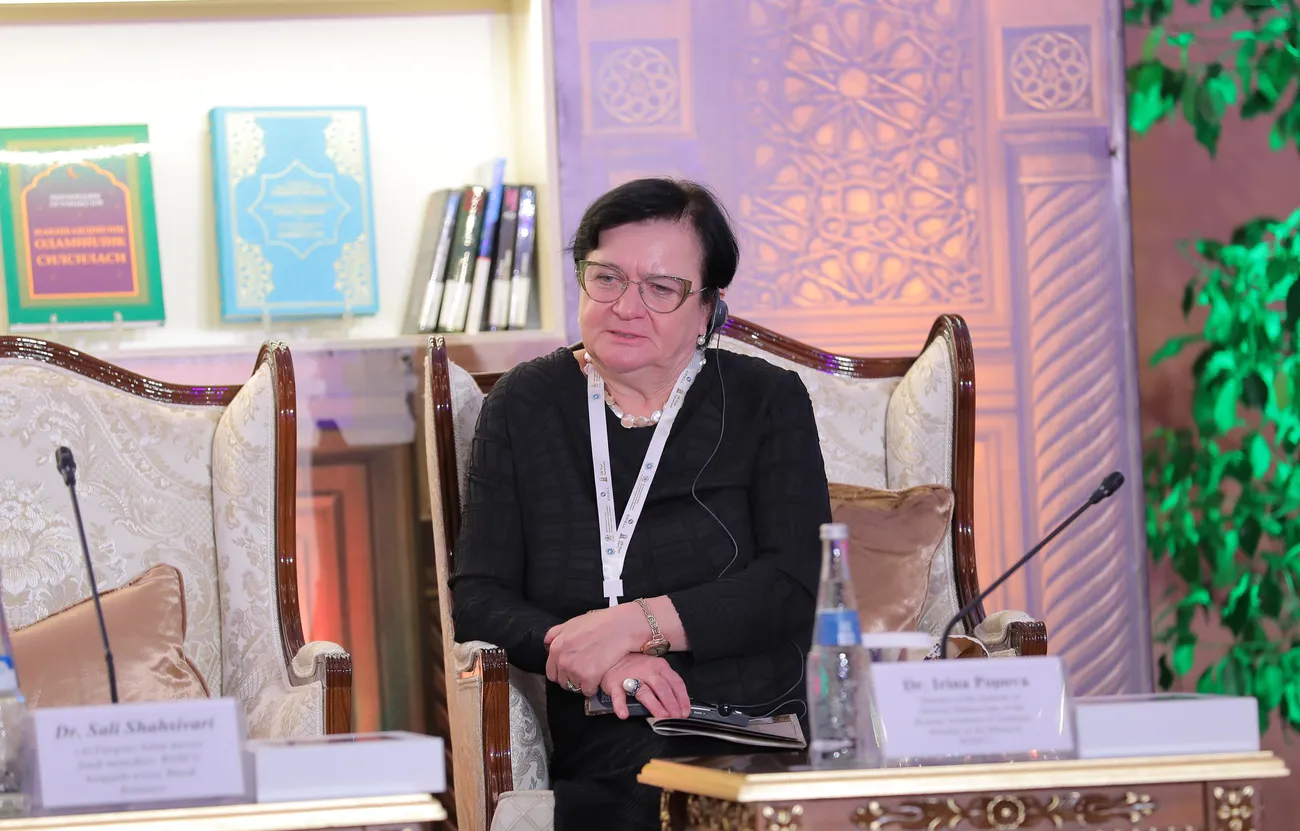
Irina Popova
Director of the Institute of Oriental Manuscripts of the Russian Academy of Sciences:
— The institute where I work holds many manuscripts and works written by your ancestors related to the history of Central Asia, in particular, Uzbekistan. We have studied most of them together with scientists and representatives of academic circles in your country. The best conditions for this, of course, were created by President Shavkat Mirziyoyev. I think that thanks to our joint efforts, we will be able to create facsimiles (photocopies) of rare copies of the Quran and study other manuscripts.
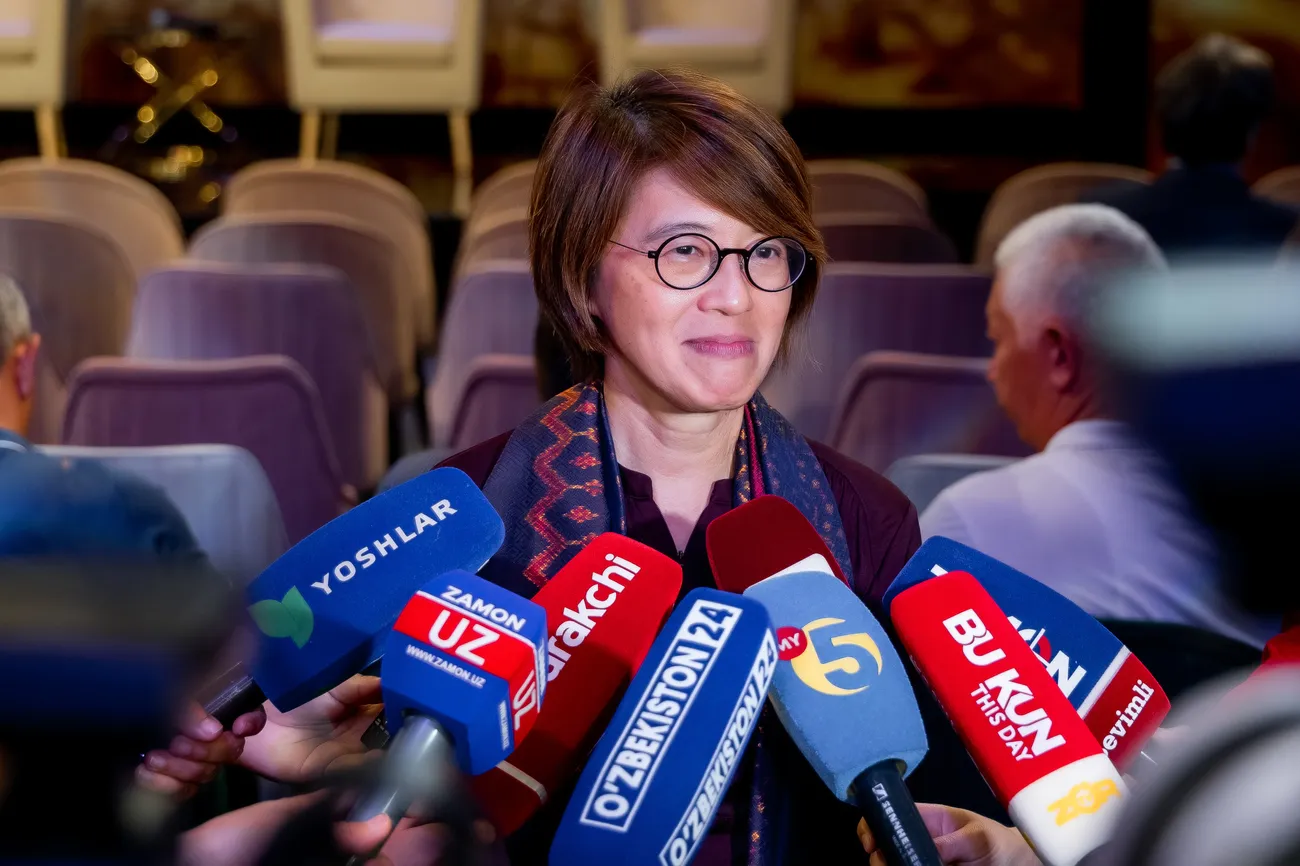
Dr. Tan Huism
Director of the National Library of Qatar:
— Honestly, I was really looking forward to participating in this congress. Because in previous years, I have been following its activities on social media. I am very happy to be in the homeland of such great scholars as Imam al-Bukhari, and to be alongside their successors. There is no one in the Islamic world who does not know Imam al-Bukhari. Many discoveries characteristic of the Muslim world are associated with the name of this scholar. Bukhari is very important for clarifying history, Islamic history. The proposals of the President of the Republic of Uzbekistan, Shavkat Mirziyoyev, related to the study of this scholar’s life and scientific work call on scholars and theologians to unite even more. Thank you very much for that.
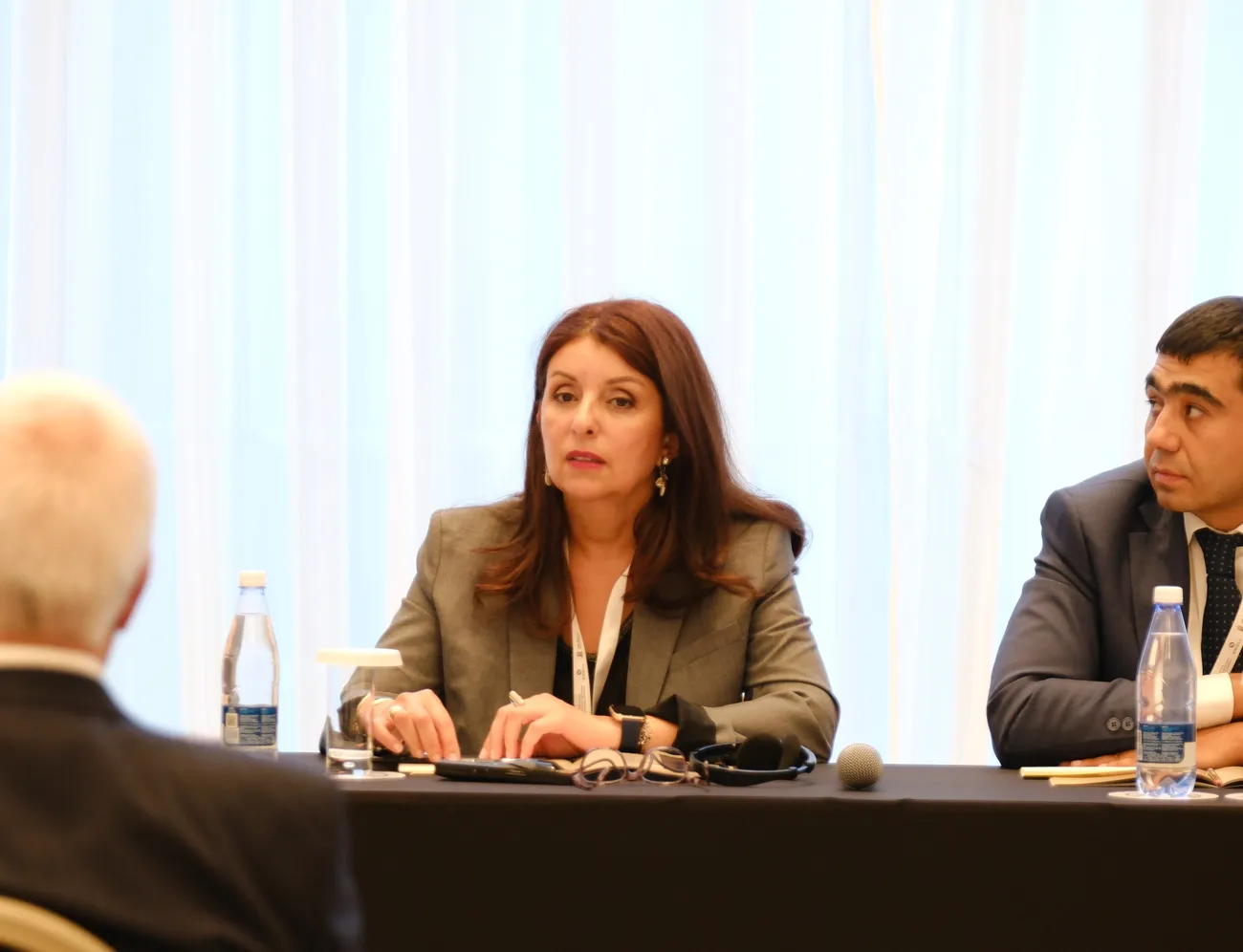
Dr. Somia Djakta
Head of the ICESCO Delegation to UNESCO:
— We have offices in 54 countries around the world. The Center for Islamic Civilization in Uzbekistan has sparked our particular interest. Because the Center aims to study and popularize a very large heritage. It is gratifying that this Center is the initiative of President Shavkat Mirziyoyev. Because the leader of your country is creating opportunities not only for studying Islamic teachings, Islamic art, and the history of Renaissance scholars, but also for many other areas of knowledge that need to be studied.
